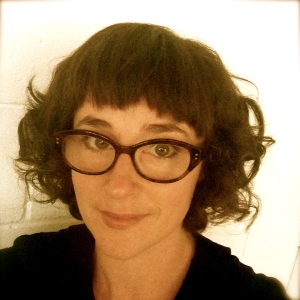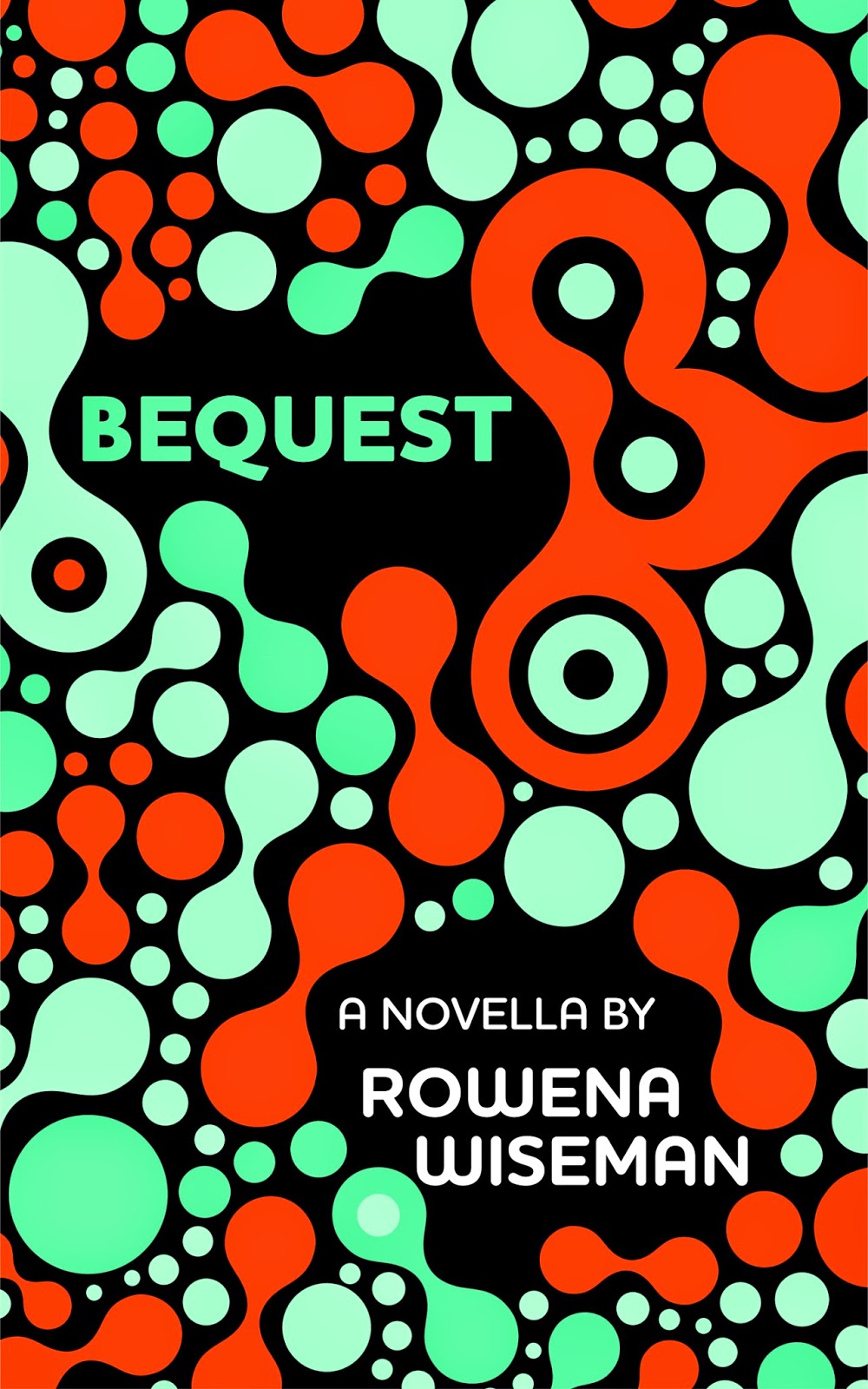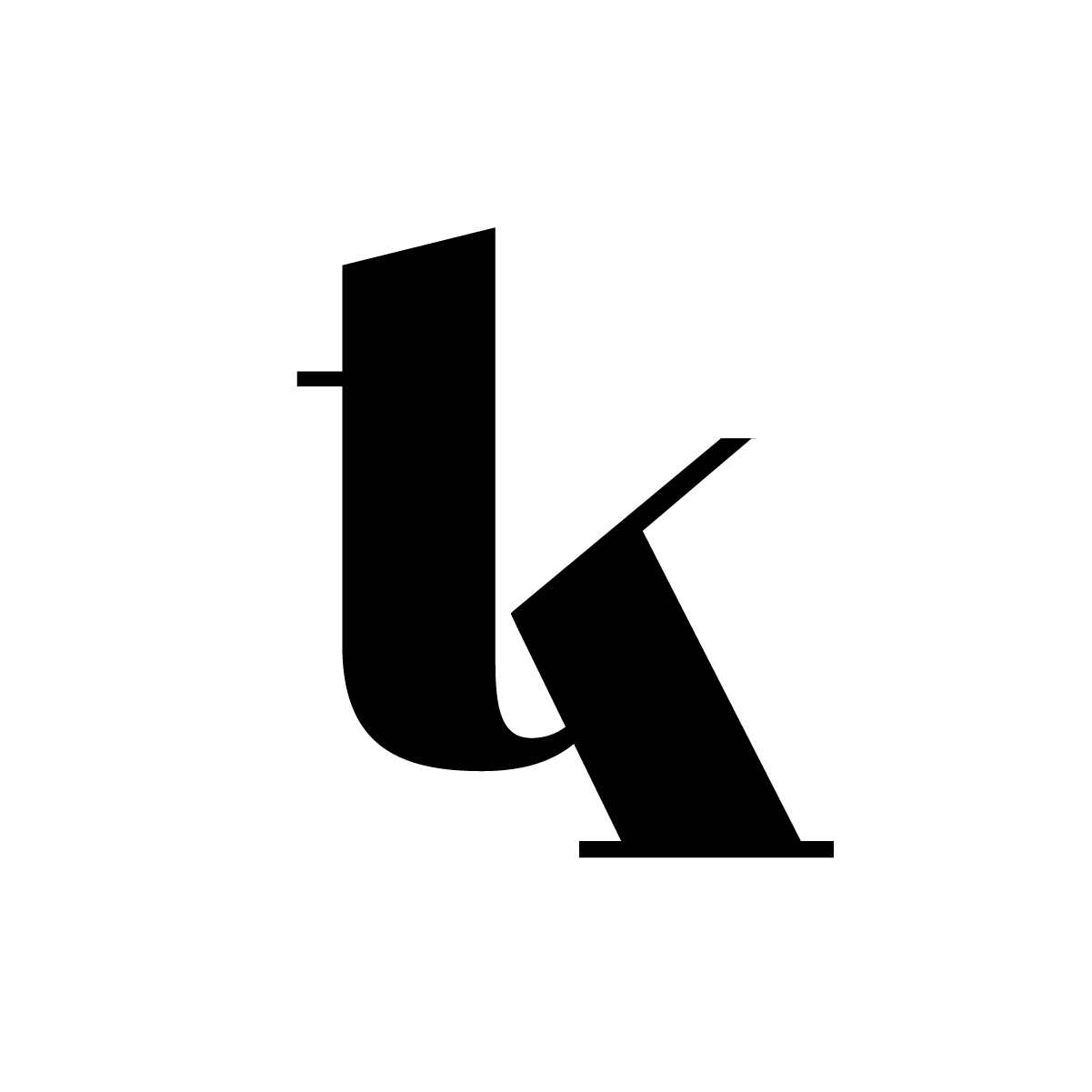 I came across Rowena (@outaprintwriter) on Wattpad a few months ago via her featured novella Bequest and immediately was enthralled because I’ve finally found what I was looking for. I’ve searched throughout Wattpad for writers of literary fiction who truly shine with sophisticated visionary narrative voices, dig deep right into the soul and touch on profound themes that nudges against identity and human existence. There are many talented authors but Bequest and its magical realistic qualities really took it up a notch. Rowena has been a great inspiration to me and I am honoured to have been able to correspond with her, find common wavelengths, favourite authors, and discover what she is about.
I came across Rowena (@outaprintwriter) on Wattpad a few months ago via her featured novella Bequest and immediately was enthralled because I’ve finally found what I was looking for. I’ve searched throughout Wattpad for writers of literary fiction who truly shine with sophisticated visionary narrative voices, dig deep right into the soul and touch on profound themes that nudges against identity and human existence. There are many talented authors but Bequest and its magical realistic qualities really took it up a notch. Rowena has been a great inspiration to me and I am honoured to have been able to correspond with her, find common wavelengths, favourite authors, and discover what she is about.
She interviewed me earlier on cell phone novels and I had the chance to ask her a few questions here as well.
How long have you been writing – literary fiction in particular?
I’ve always been writing, since I was a kid. In grade 2 or 3, there was this boy, Ashley, who used to turn his eyelids inside out. Anyway, his big sister really liked one of my stories and she wanted to type it up. I sort of knew that I was onto something, because Ashley did all these tricks with weird body parts and his big sister was into my stories!
I studied Professional Writing at university and worked on my first novel Searching for Von Honningsbergs for something like eight years, but it wouldn’t have been until the last two years or so that I have really taken myself seriously. And in terms of ‘literary fiction’, I haven’t really ever wanted to write anything else since I discovered Peter Carey’s short stories in high school.

Searching for Von Honningsbergs is a fascinating read. To think it took the perseverance of eight years is impressive; it paid off as it’s a brilliant experience and an innovative approach. Can you tell me how the authors you look up to or study have influenced you – writing or otherwise? What do you enjoy the most about them?
Kafka keeps on inspiring me. The Castle has weaved it’s way into my novella The war artist and the half-dead beauty and In the penal colony inspired the idea about tattoos that led to me writing Bequest. Right now I’m reading The Trial and I’m just itching to write a new story that came to me while reading this. The Trial is about a man who finds himself arrested for a crime, but he doesn’t know what it is. It’s such a great concept … to be on trial and no one will tell you what you’ve done. It’s so simple, but so brilliant – that’s the beauty of Kafka.
I’m also crazy about Chekhov. He was a doctor and I feel as though he knew so much about humanity, like he dealt with life and death and disease and suffering in a true manner, where other writers can only imagine it. One of his stories, A boring story, contains everything we need to know about life, I swear. I also keep returning to Raymond Carver and when I want to craft a beautiful sentence it’s Tatyana Tolstoya that I’d turn to.
I am a tremendous fan of Carver and Kafka as well and The Trial is one of my favourites! Other than nurturing ourselves with reading, when and where is it you like to write the most? How does it cultivate your writing experience?
My best time to write is from 5am-7am before my family wakes. I have a study at the back of the house and I creep out there, trying not to wake my kids. The first thing I like to do is to make a long black coffee. I sit down, flick through emails, Wattpad, Goodreads whatever, and by the time I’ve finished my coffee, I’m ready to write. It’s become a bit of a ritual. If my son wakes up at 5.30am or 6am, as he sometimes does, my writing is out the window, so I’ve got to make use of the time when I can.
Does the city, country or culture around you influence your work? Do you study other cultures, countries, history and so on?
I live about an hour out of Melbourne on the Mornington Peninsula. It’s a beautiful region with gorgeous beaches, vineyards, a hinterland. But I haven’t written anything based here as yet, despite living down this way for nearly 10 years. My environment inspires me, in that I love where I live, but I don’t seem to write about it … yet. My latest novel Exit Stage Left is set in urban Melbourne; I love day trips or overnight stays in the city, visits to the galleries, or just walking around soaking up the atmosphere. So I guess I was really pleased to finally feature Melbourne in a story.
I was an exchange student in Latvia when I was 16 and have travelled to Russia a number of times – so they feature in Searching for Von Honningsbergs (and I love Russian history and literature). I also enjoyed writing about China, where I’ve been a couple of times, and Brazil.
 You often mention visual arts or galleries in your work or otherwise, how do these different forms of art connect with you personally or in your work?
You often mention visual arts or galleries in your work or otherwise, how do these different forms of art connect with you personally or in your work?
I remember one of my writing teachers at university saying to us students ‘go to a gallery’ and I scoffed and thought what’s that got to do with writing? As fate would have it, I’ve ended up working in an art gallery editing publications and I am constantly inspired by art and artists. Bequest and Searching for Von Honningsbergs are very much about the art world, so too is The war artist and the half-dead beauty. I can’t seem to even write a young adult novel or a children’s story without putting an artist in there!
Recently, I went to MONA (Museum of Old and New Art in Tasmania) and came across an American guy named Henry Darger who wrote a 15,000 page manuscript and hundreds of watercolours and died before any of it was discovered. I stood in the exhibition space blown away, a million stories racing through my mind. I’ve realised lately that my happy moments are often triggered by some sort of art or cultural experience – like recently I walked into a small gallery with my 3-year-old son and discovered a dark room with a guy playing a grand piano connected to hundreds of lightbulbs and when he hit a key a lightbulb lit up. It was unexpected and moving, and my son was totally fascinated by it. Something like that inspires me and tells me that life is good. The arts, music, literature all help us to transcend the boring and every day and help us to escape conversations about new whitegoods and the cost of car insurance.
Such truth in those words! I definitely agree that the creative arts helps to transcend this daily physical plane. But of course, sometimes we use supplementary tools that help our creative endeavours. How has social media and the digital age of publishing or writing changed your experience? What are some things you like and don’t like about it?
I have a love-hate relationship with social media and writing in this digital age. I love that so much information is available at the press of a button, because libraries make me feel tired after a while! I love that I’ve been able to connect with some really interesting writers around the world who have inspired and encouraged me. I love that there’s opportunities for putting our stories out there to be read on platforms like Wattpad or Ether Books or Screwpulp.
What I hate is the way social media and using my smartphone has reprogrammed my brain. My attention span has decreased and there’s this constant need to be checking all these different apps to find out who has liked or commented on something of mine somewhere. I realised earlier this year that I was putting more time into honing my social media skills than my writing skills and it really needs to be the other way around.
I’ve learnt to become more structured with my social media use. I only post on Twitter from Tuesday to Thursday say, so I’m not distracted by it on the weekends when it’s family time. I syndicate my blog posts to Goodreads and Google+. I update my story on Wattpad only on Fridays. It sounds anal, but it’s been a good way to manage how much time gets spent on these things and to make sure that I have the right headspace for what I really want to do … which is to write.
Thank you so much for your time and for inspiring us with your words Rowena!
Bio:
Rowena Wiseman writes contemporary fiction, children’s stories and a blog for writers trying to get published. Her novel Searching for Von Honningsbergs is available on Screwpulp and Exit Stage Left will be published by Merge Publishing late 2014. Bequest, a story about a man who wants to donate his tattooed skin to an art gallery, can be read on Wattpad.
Check out her links!:
Blog: http://www.outofprintwriting.blogspot.com.au/
Wattpad: http://www.wattpad.com/user/outaprintwriter
Twitter: https://twitter.com/outaprintwriter
